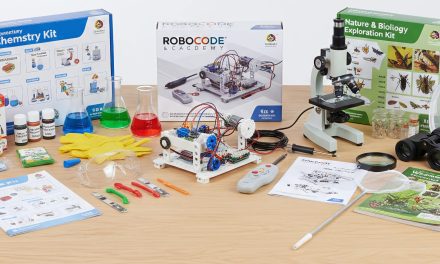Discipline doesn’t have to feel like a never-ending tug-of-war—it’s more like teaching your little one how to navigate life’s rules, with a hint of patience! While it’s easy to lose your cool, mastering effective discipline is all about consistency, clear expectations, and a healthy dose of positivity. Think of it as setting up a treasure map for your child, where the rules are the landmarks, and the rewards are the treasure at the end.
Ready to take control with a smile? Be the role model you want them to follow, sprinkle in some alternative behaviors, and keep that communication wide open. When done right, discipline isn’t just about correcting mistakes—it’s about helping your child learn and grow, all while keeping your sanity intact!
Be Consistent
Consistency in discipline involves the following:
- Maintaining a steady and predictable approach to addressing behaviors
- Establishing routines
- Reinforcing the importance of adherence to established rules
This consistency creates a stable environment for individuals, reinforcing positive behaviors and minimizing disruptions. It also cultivates a sense of security and trust as individuals know what to expect and how to act in various situations.
A consistent approach to discipline helps in setting clear boundaries and expectations. This enhances the overall effectiveness of behavioral management. Whether in educational or professional settings, the integration of consistency in discipline is fundamental for fostering a conducive and productive atmosphere.
Set Clear Expectations
Setting clear expectations helps children understand the boundaries and rules. This enables them to anticipate consequences and make informed choices regarding their behavior.
This proactive approach to behavior management fosters a positive and respectful environment where children feel secure and supported. It also provides a foundation for effective discipline. It does this by ensuring that the consequences of their actions are clearly communicated and consistently enforced.
Integrating clear expectations into daily routines and activities empowers children to develop self-discipline and accountability. This facilitates their social and emotional growth. When clear expectations are integrated effectively, it becomes a powerful tool in promoting a cohesive and harmonious classroom or home environment.
Use Positive Language
Utilizing positive language in discipline fosters respectful communication. It also promotes understanding, and acknowledges children’s efforts. Ultimately, this yields a supportive and empathetic approach to behavior management.
This method of communication allows children to feel valued and heard. In fact, it creates an environment where they are more likely to engage constructively. When educators adopt positive language in discipline, it can lead to benefits, such as:
- Improved self-esteem
- Better conflict resolution skills
- A positive impact on the overall classroom atmosphere
By acknowledging positive behavior and using encouraging language, educators can effectively shape a nurturing and respectful learning environment.
Be a Role Model
Being a positive role model for children involves demonstrating the behaviors and values that align with the desired conduct. These behaviors serve as a source of guidance, support, and inspiration in their development.
This helps to shape their understanding of discipline and moral character, as children often emulate the actions of those they look up to. By consistently showcasing respectful communication, empathy, and responsible decision-making, adults can instill these attributes in the impressionable minds of young ones.
Integrating discipline into everyday activities can significantly impact a child’s behavior and attitudes toward responsibility and accountability. These activities include maintaining a routine, setting clear expectations, and providing constructive feedback.
Conclusion
Discipline isn’t just about enforcing rules—it’s about guiding your child toward making the right choices with consistency, clarity, and positivity. When you lead with patience and set a solid example, you’re not just shaping behavior—you’re shaping a future of confident, responsible, and respectful individuals.
Ready to start mastering the art of discipline? Visit Marvelus Kids for more expert tips and strategies to build a well-behaved, happy home!









